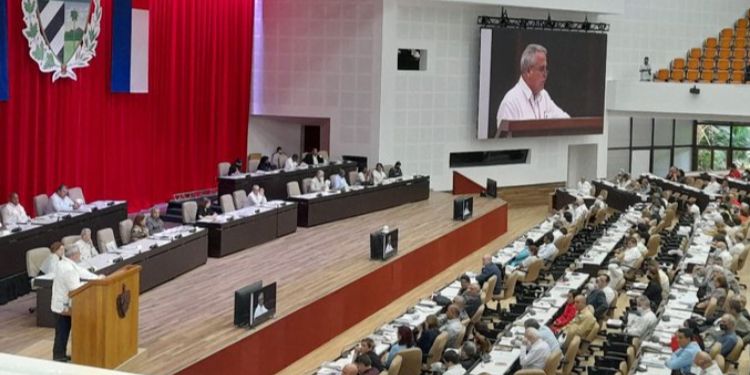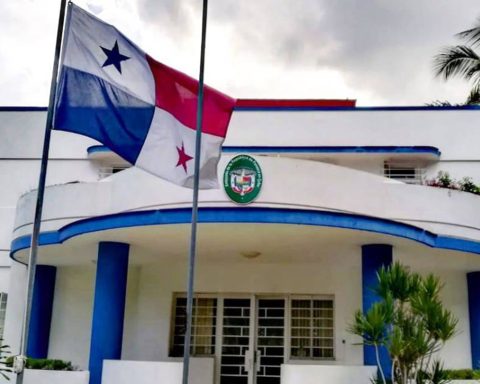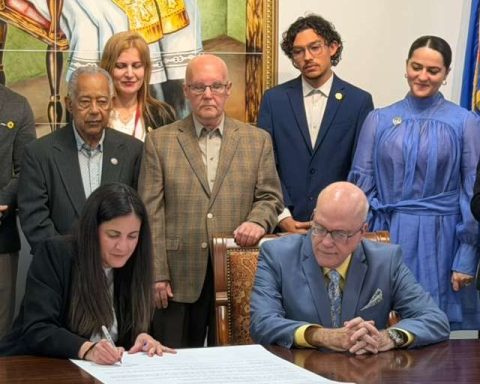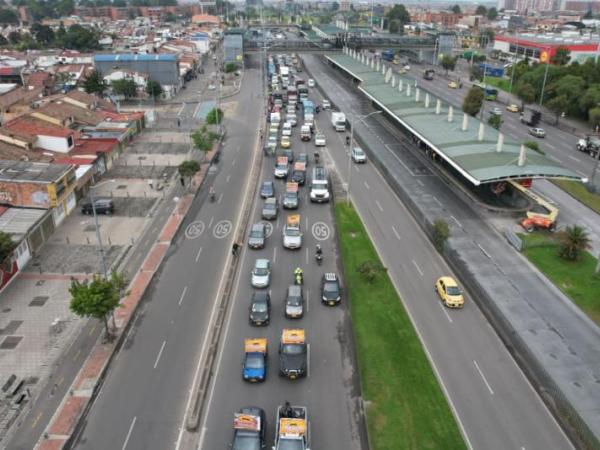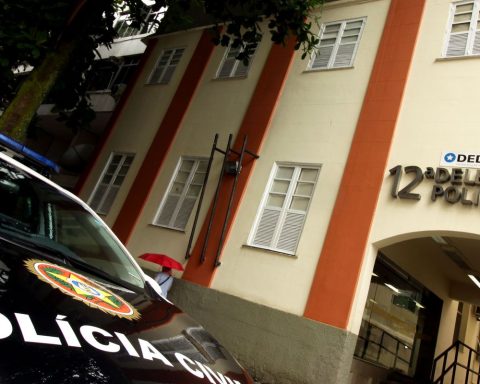CDMX, Mexico. – In the same way that Luis Alberto Rodríguez López-Calleja should never have been a deputy; the first colonel Ania G. Lastres Morera, interim executive president of GAESA and a member of the Central Committee of the Communist Party of Cuba (PCC), she should not be a deputy either (she has been since 2018). The collusion of a politician, a military man and a “state” businessman in the same person is one of the sources of corruption in Cuba.
None of these deputies has been subjected to public, institutional, or citizen control. However, in the Stalinist model copied by the dictator Fidel Castro since 1976, this conflict of interest is common currency and is justified by “ideological” fidelity, the same that varies according to the architects of power in Cuba: it goes from Marxism- Leninism to the “state business” of the political elite.
How do you become a state entrepreneur in Cuba?
With the blessing of the oligarchic shell of the PCC, the military and politicians take over and manage “the property of all the people”; they colonize it for their group interests, and evade institutional and citizen control. Thus, GAESA ―according to data from the National Office of Statistics and Information (ONEI)― owns the largest proportion of the state budget to build luxury hotels while society has been submerged in a structural, humanitarian and food crisis for more than 30 years. .
GAESA has not been audited by the Comptroller of the Republic since 1996, although since that date it controls most of the economic assets that produce or trade foreign currencies, about 40% of GDP.
What is a conflict of interest?
The conflict of interest is that situation in which the judgment of the person is unduly influenced by their particular interests, which are frequently of an economic or personal nature, and are opposed to those of the institution in which they work as a public servant.
No state businessman should be a deputy. However, the Cuban regime, in its Law of Organization and Functioning of the National Assembly of Popular Power and of the Council of State of the Republic of Cuba it promotes corruption, by not establishing the separation of functions between politicians and businessmen and, at the same time, closing all citizen participation in the work of Parliament.
The deputies-businessmen will defend the corporate interests of their companies in Parliament and not the interests of the citizenry, as the rhetoric of the law mentioned above states.
But this conflict of interest also includes the relatives of public officials who, in many cases, are located in public positions or state companies. Such is the case of Lis Cuesta Peraza, wife of the designated president Miguel Díaz-Canel, who holds a position as a public official in the Ministry of Culture.
Public officials cannot be entrepreneurs of state companies at the same time because they openly and without citizen control enter into a conflict of interest, into nepotism and influence peddling. However, the Cuban Stalinist model allows and promotes corruption since the unlimited reign of the PCC.
OPINION ARTICLE
The opinions expressed in this article are the sole responsibility of the person who issues them and do not necessarily represent the opinion of CubaNet.
Receive information from CubaNet on your cell phone through WhatsApp. Send us a message with the word “CUBA” on the phone +525545038831, You can also subscribe to our electronic newsletter by giving click here.
